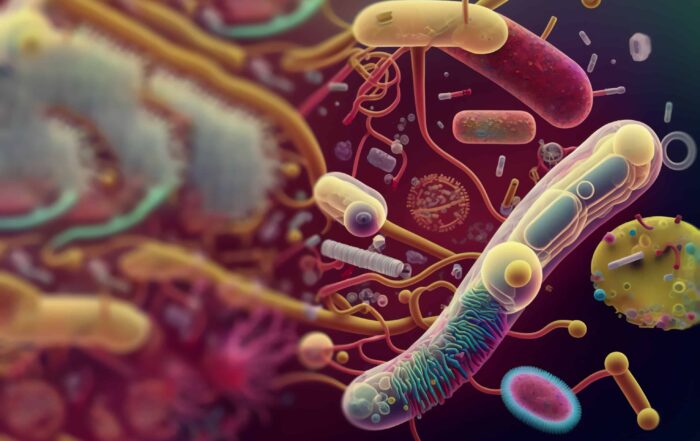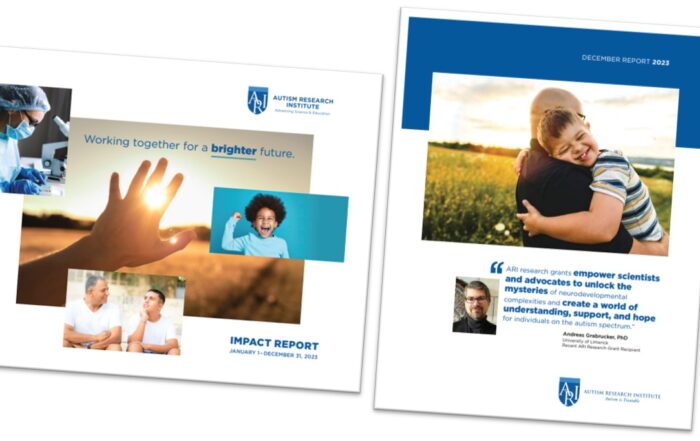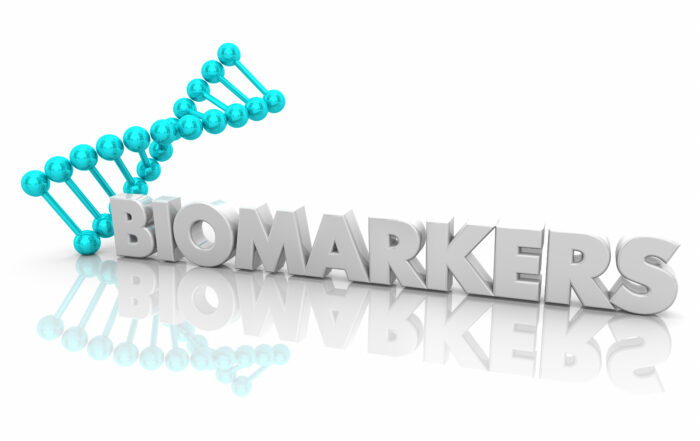A new study from the United Kingdom indicates that sleep problems in infancy may help to predict later social skills deficits, autism traits, and autism diagnoses in children.
Jannath Begum-Ali and colleagues studied 164 children with or without first-degree relatives with autism spectrum disorders (ASD) and/or attention-deficit/hyperactivity disorder (ADHD). The researchers evaluated the children at 5, 10, and 14 months of age, analyzing day and night sleep issues, including day/night sleep duration, number of naps in the day, frequency of night awakenings, and sleep onset problems.

The researchers report, “By 14 months, infants with a first-degree relative with ASD (but not ADHD) showed lower [worse] night sleep scores than infants with no family history of ASD; lower night sleep scores in infancy were also associated with a later ASD diagnosis, decreased cognitive ability, increased ASD symptomatology at 3 years, and developing social attention (e.g., looking to faces).” They detected no associations with day sleep.
They conclude, “Sleep may be a viable target for early intervention in infants with a family history of ASD, particularly around the age of 14 months.”
—
“Infant sleep predicts trajectories of social attention and later autism traits,” Jannath Begum-Ali, Louisa K. Gossé, Luke Mason, Greg Pasco, Tony Charman, Mark H. Johnson, Emily J.H. Jones, and The STAARS Team, Journal of Child Psychology and Psychiatry, March 2023 (free online). Address: Jannath Begum-Ali, Centre for Brain and Cognitive Development, Birkbeck, University of London, Henry Wellcome Building, Birkbeck University of London, Malet Street, London, WC1E 7HX, UK, [email protected]
This article originally appeared in Autism Research Review International, Vol. 37, No. 2, 2023
Editorial – Fecal Microbiota Transplantation and Autism
Over the past several years, Fecal Microbiota Transplantation (FMT) has become the subject of growing interest in the autism community due, at least in part, to the increased awareness of the gut-brain
ARI’s Latest Accomplishments
Connecting investigators, professionals, parents, and autistic people worldwide is essential for effective advocacy. Throughout 2023, we continued our work offering focus on education while funding and support research on genetics, neurology, co-occurring medical
Biomarkers start telling us a story: Autism pathophysiology revisited
Antonio Persico, MD, a recent ARI Research Grant recipient, explores the role of biomarkers in understanding autism pathophysiology. He discusses the complexity inherent to neurodevelopmental conditions and emphasizes the need to combine




